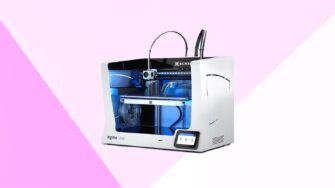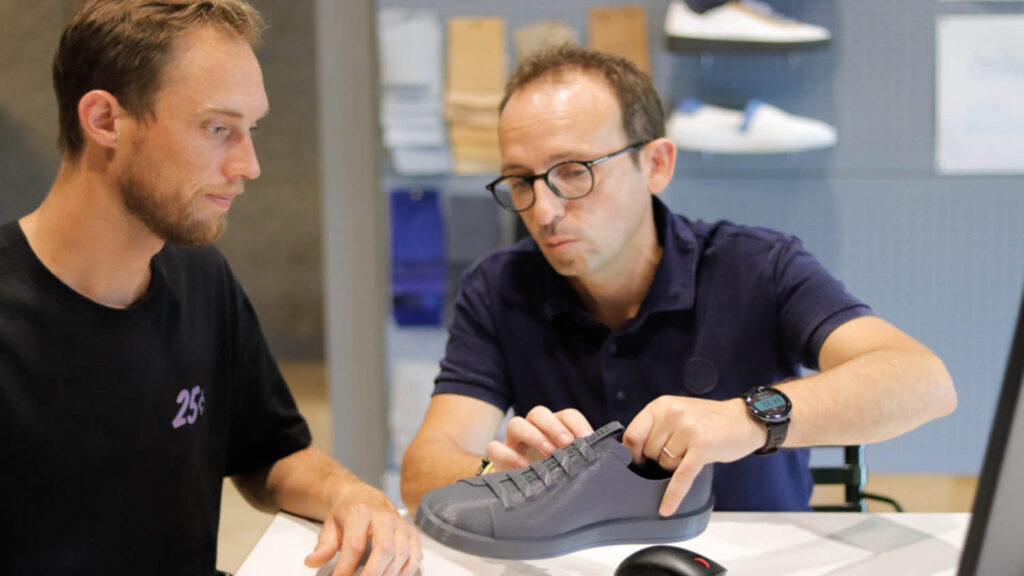Selling up to 4 million pairs of shoes a year, Camper is one of Spain’s most successful footwear companies, wellknown for its innovative designs and comfortable products.
At its headquarters in Inca, Mallorca, the company’s technical department has streamlined its process of developing new collections by integrating desktop 3D printers.
In-house 3D printing has significantly sped up the iterative design process, allowing for more creative freedom and accelerating workflow, while keeping costs under control.
The design team at Camper has a three-month deadline to create each new collection. With this time constraint, it needed a fast, cost-efficient solution that allowed it to test and iterate multiple times, all while maintaining the highest quality standards. The goal: to find the best possible combination of design and ergonomy for every pair of shoes.
Before the company started working with in-house 3D printing, it was outsourcing the production of physical models.
This process was slow and expensive: It took up to two weeks to receive a prototype, reducing iteration to the minimum, with most work performed through 2D digital designs, limited to a screen.
The introduction of several BCN3D Sigma and Sigmax 3D printers has meant a total revolution and streamlining of Camper’s process.
Now, designers can discuss which new shapes and details they are considering with engineers in the technical department, who then convert these ideas into printable models within 24 hours.
As senior designer Job Willemsen explains: “Working with BCN3D printers is very useful, because if we have an idea in mind, together with a technician, we can obtain quick and direct results for the dimensions of components. This enhances our ability to be reactive.”
The collections, which Camper designs around a year in advance, are geometrically complex, so designers need a technology capable of reliably reproducing each model to every last detail.
That is why they have chosen BCN3D printers, more specifically the Sigma and Sigmax. In the words of Jordi Guirado, product engineer at Camper, “because of the dual-extruder system, we can use watersoluble print material. As a result, we can work with more complex geometric shapes and reduce design time for the whole collection.”
The large printing surface of the Sigmax ensures enough room to fit all parts manufactured at the plant, so that creativity is never constrained by space.
 BCN3D Sigma D25 Review
BCN3D Sigma D25 Review
We take BCN3D’s entry-level offering for a spin and find a versatile machine that offers plenty to get excited about.
Click here to read the full review, including costs, materials, and our pros and cons.






